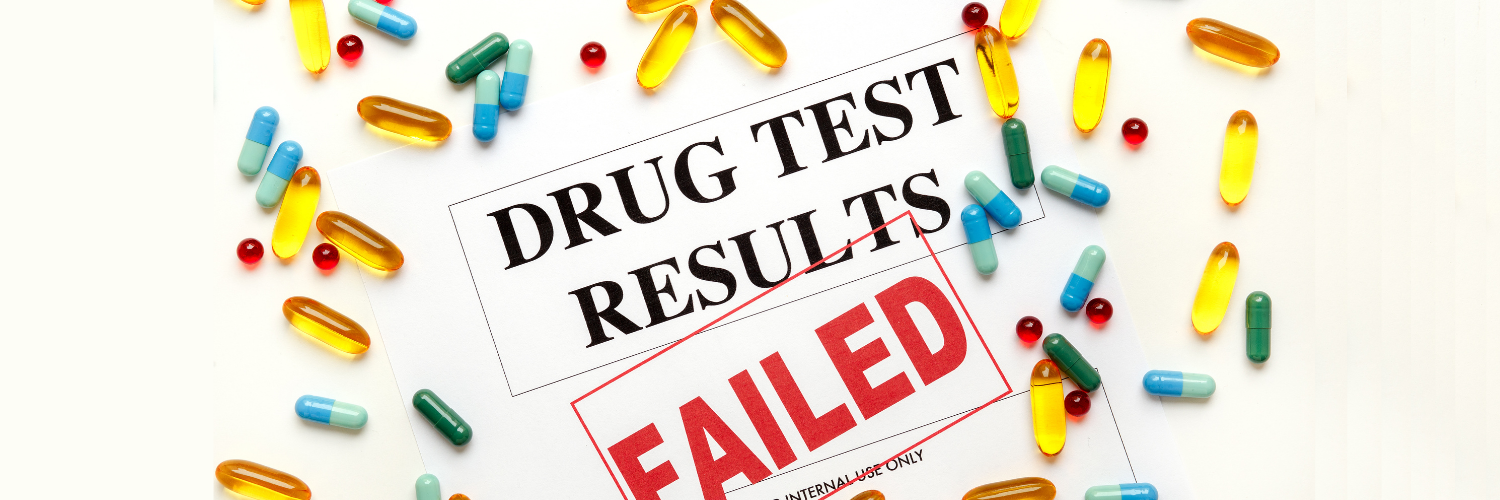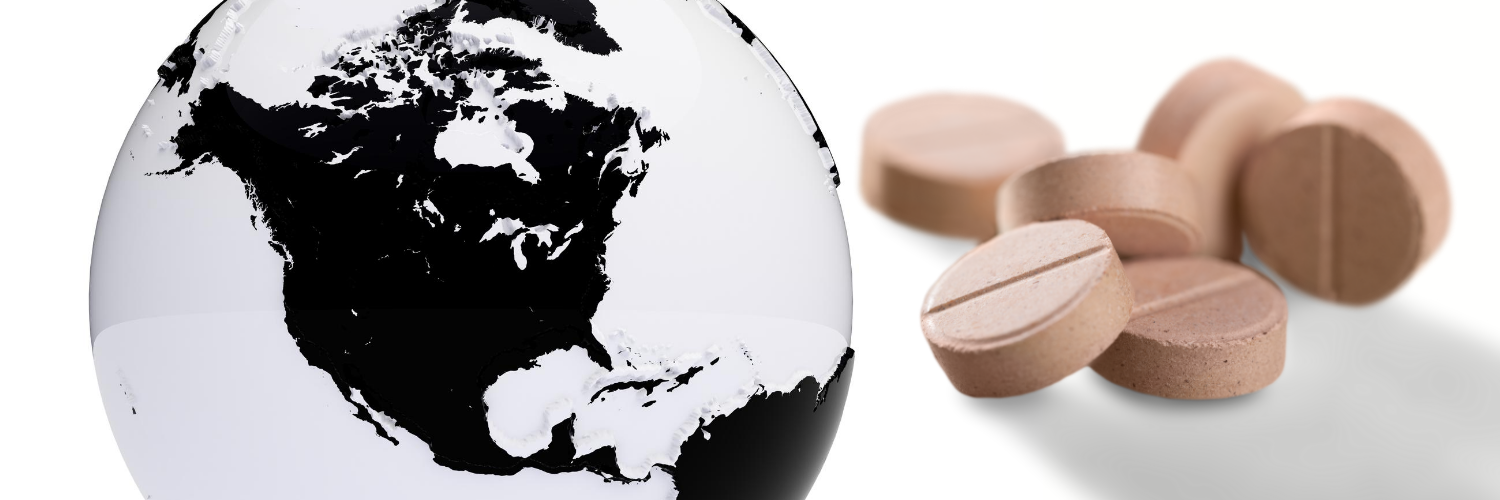10 Medications That Can Cause a False Positive on a Drug Test

Medical tests are notoriously wonky — the recent rapid COVID tests are known to show both false positives and false negatives — but drug tests are especially out-of-touch, particularly if you are currently taking medication. Drug tests ostensibly test for recreational drugs like cannabinoids or cocaine, but they can sniff out the wrong culprit: your prescription drugs. The substances that cause false positives often bear similarities to the drugs in question. For example, drugs that contain a phenylethylamine structure will look like methamphetamine (meth) (Missouri Medicine, 2015). The very same medications that warn against your operation of heavy machinery during use and those that result in an adrenaline release, like those for narcolepsy, may result in a false positive. If the drug resembles a recreational drug in any way, it likely also appears like that drug chemically, which means the catch-the-bad-drug test may catch the “good” drug.
We’ve listed ten commonly prescribed medications that might trigger a false positive on a drug test.
1. Bupropion
Bupropion (brand name Wellbutrin) treats clinical depression and acts as a smoking cessation aid. This medication can trigger a false positive for amphetamines (speed) and LSD.
2. Oxaprozin
Oxaprozin (brand name Daypro) is a prescription painkiller. On a test, it may look like benzodiazepine.
3. Ibuprofen
Ibuprofen is a non-steroid anti-inflammatory drug (NSAID). It can trigger a false positive for cannabinoids. A 1990 study found that both ibuprofen and naproxen (a fellow NSAID) could result in a positive immunoassay (test) for cannabis; although, of the 502 urine samples gathered for the study, only two resulted in false positives (from naproxen and ibuprofen, respectively).
4. Naproxen
Naproxen, which goes by the brand name Aleve or Anaprox, can also resemble a cannabinoid on a drug test.
5. Efavirenz
An HIV antiviral, efavirenz (brand name Sustiva) may, like the NSAIDs before it, cause a false positive. But newer technology is soon making this concern obsolete: A 2013 study on a new cannabis immunoassay (AxSYM Cannabinoids Assay) found that it actually could distinguish between efavirenz and cannabis.
6. Sertraline
Sertraline (brand name Zoloft) can look like a benzodiazepine or LSD on a drug test. Contrary to efavirenz and friends, this false positive appears to be common. A 2009 study found that around 26% of false positives for benzodiazepines occurred in the wake of a Zoloft (sertraline) prescription.
7. Amantadine
Both amantadine (a treatment for Parkinson’s) and desipramine, an antidepressant, may cause false positives for amphetamine on a drug test.
8. Ephedrine
Ephedrine (brand name Akovaz) is a central nervous system stimulant. Both it and its cousin pseudoephedrine (a decongestant; brand name Sudogest) can read as an amphetamine on a drug test. This appears to be an easy mistake: A 2004 comparative study found that 833 of 1,104 positive amphetamine registrations (almost 80%) were the result of ephedrine, pseudoephedrine, and phenylpropanolamine.
9. Verapamil
This high blood pressure treatment (brand name Verelan) may read as an opiate or LSD on an immunoassay.
10. Tramadol
Tramadol, a heavy pain killer, is a controlled drug; incidentally, some drug tests are testing for tramadol, not other medications. (The antidepressant venlafaxine can trigger a false positive for tramadol.) Regardless, tramadol itself can look like PCP, or “angel dust,” on a drug test.
Can nutritional supplements cause a false positive?
Supplements that contain the progenitors of certain medications — CBD products or ephedra, a now-banned ingredient that was in weight loss supplements — may trigger a false positive.
Can certain foods cause false positives?
Only a few foods can cause false positives, although this is increasingly rare with more vigilant immunoassays.
-
Poppy seeds, which appear on bagels and lemon poppyseed cakes, come from the same plant that gave us opium and therefore most opiates (drugs that dampen the central nervous system). Poppy seeds have triggered false positives in the past, but the likelihood of this occurring continues to decrease.
-
Quinine, the primary ingredient in tonic water, can trigger a false positive as well, although this depends on the dose.
-
Hemp seeds and their associates (hemp milk, hemp oil) are believed to cause false positives because they come from the same plant as cannabinoids like CBD and THC. A 2001 study found that most hemp-related foods have too low a concentration of hemp to lead to a false positive. However, high consumption of hemp oil (above a natural amount, say) could lead to a false positive, hypothetically.



